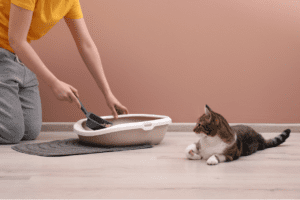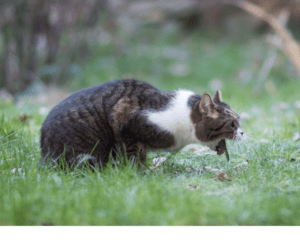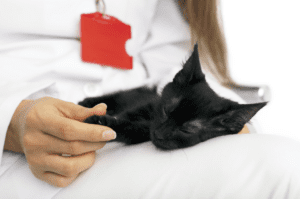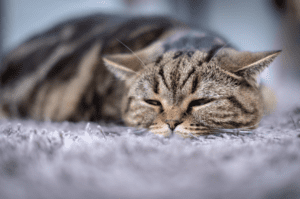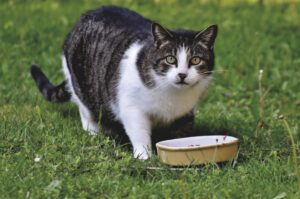As our feline and canine companions gracefully enter their senior years, it becomes imperative for pet owners to be attuned to the unique health challenges that accompany aging. Senior cats and dogs, much like their human counterparts, are susceptible to a range of ailments that demand special attention, care, and understanding. In this comprehensive guide, we will delve into the common ailments affecting senior pets, explore preventive measures, discuss potential cures, and provide insights on how to ensure the well-being of our aging furry friends.
Understanding the Aging Process in Pets
Before delving into specific ailments, it’s crucial to grasp the natural aging process in cats and dogs. As pets age, they experience physiological changes that may manifest in various ways, including reduced metabolism, diminished organ function, changes in coat and skin condition, and a potential decline in sensory perception. These age-related transformations can pave the way for certain health issues, and being proactive in addressing them is key to enhancing the quality of life for senior pets.
Common Ailments in Senior Cats
Arthritis and Joint Pain: One of the most prevalent issues among senior cats is arthritis, a condition characterized by inflammation of the joints. Arthritis can lead to stiffness, reduced mobility, and discomfort for aging felines. To alleviate symptoms, provide soft and warm bedding, consider joint supplements, and engage in low-impact exercises.
Dental Issues: Senior cats often encounter dental problems such as periodontal disease and tooth decay. Regular dental check-ups, appropriate dental diets, and dental treats can aid in preventing these issues. Brushing your cat’s teeth regularly can also contribute to maintaining good oral health.
Kidney Disease: As cats age, kidney function may decline, leading to kidney disease. Symptoms include increased thirst, frequent urination, weight loss, and a decreased appetite. A veterinarian can conduct blood and urine tests to diagnose and formulate a suitable treatment plan, which may include dietary changes and medications.
Common Ailments in Senior Dogs
Osteoarthritis: Similar to cats, senior dogs are susceptible to arthritis, causing joint pain and reduced mobility. Implementing a joint-friendly diet, providing comfortable bedding, and incorporating gentle exercises can help manage arthritis in senior dogs.
Cognitive Dysfunction: Senior dogs may experience cognitive decline, often referred to as doggy dementia. Signs include disorientation, changes in sleep patterns, and altered behavior. Mental stimulation, a consistent routine, and specialized diets enriched with antioxidants may aid in managing cognitive dysfunction.
Heart Disease: Heart disease is prevalent in aging dogs and can manifest as congestive heart failure. Symptoms include coughing, difficulty breathing, and lethargy. Regular veterinary check-ups, a heart-healthy diet, and medications prescribed by a vet can help manage heart conditions.
Preventive Measures for Senior Pets
Balanced Nutrition: Providing a well-balanced and age-appropriate diet is fundamental for senior pets. Specialized senior pet foods are formulated to address the nutritional needs of aging animals, promoting joint health, cognitive function, and maintaining an optimal weight.
Regular Veterinary Check-ups: Routine veterinary check-ups become even more critical for senior pets. These visits allow veterinarians to detect potential health issues early on, enabling timely intervention. Blood tests, urine analysis, and comprehensive physical examinations are essential components of senior pet healthcare.
Maintain a Healthy Weight: Weight management is crucial for senior pets to alleviate stress on joints and organs. Obesity exacerbates many age-related health issues, so monitoring and controlling weight through proper diet and regular exercise are vital.
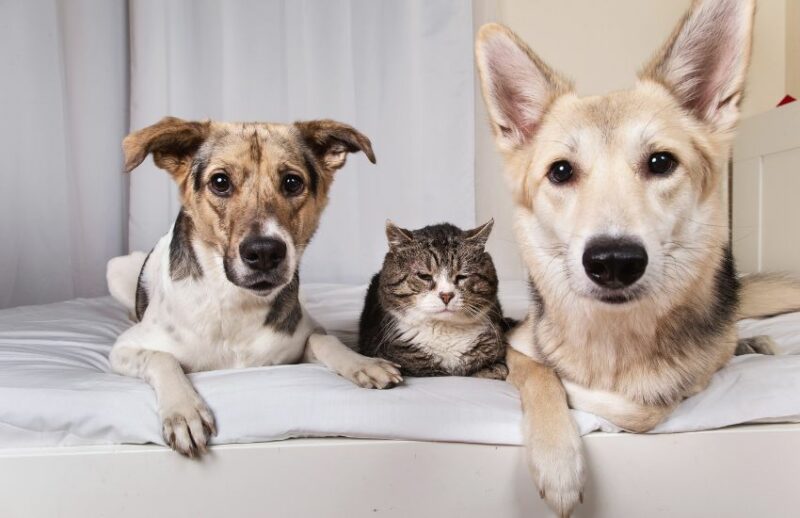
Caring for Senior Pets: Practical Tips
Comfortable Living Environment: Create a comfortable and easily accessible living environment for senior pets. Provide soft bedding, ensure warmth, and make adjustments like ramps or steps to help them navigate their surroundings with ease.
Moderate Exercise: While senior pets may not be as active as their younger counterparts, regular, low-impact exercises are crucial to maintain joint flexibility and a healthy weight. Short, gentle walks and interactive playtime can contribute to overall well-being.
Dental Care: Consistent dental care is essential for senior pets. Regularly brush their teeth, provide dental treats, and schedule professional dental cleanings as recommended by your veterinarian.
Emotional Well-being: Pay attention to the emotional well-being of senior pets. Maintain a consistent routine, offer affection, and be mindful of any changes in behavior that may indicate stress or discomfort.
Conclusion
In conclusion, caring for senior cats and dogs requires a multifaceted approach that combines preventive measures, prompt veterinary care, and attentive, specialized attention. Understanding the common ailments that affect aging pets empowers pet owners to proactively address these issues and provide their furry companions with a comfortable and fulfilling senior life.
By embracing preventive strategies, staying attuned to signs of health issues, and adapting care routines to meet the unique needs of senior pets, we can ensure that our aging cats and dogs not only live longer but also enjoy a high quality of life in their golden years. With love, attention, and informed care, we can make the journey into old age a rewarding and comfortable experience for our cherished four-legged family members.


